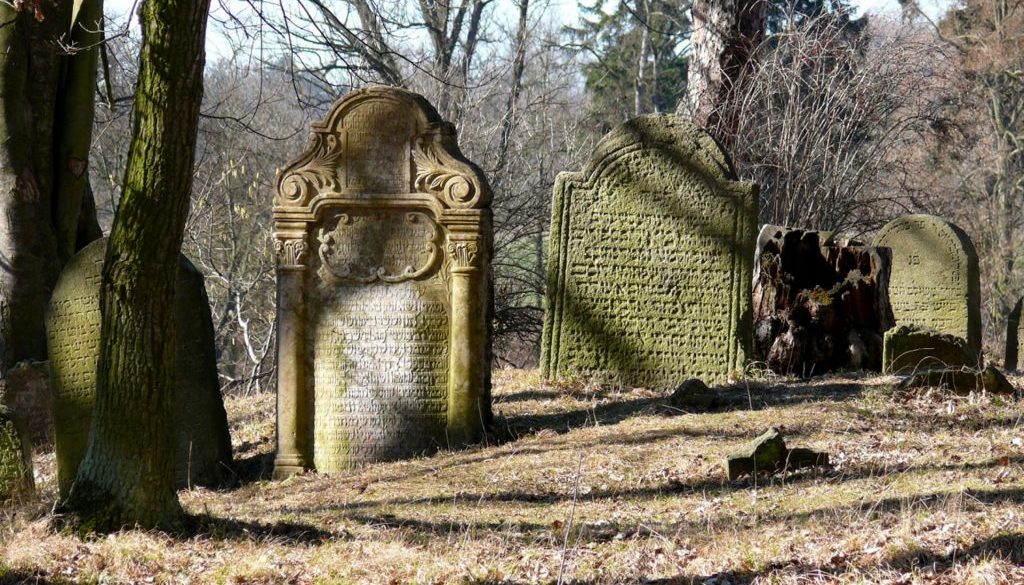Jewish Funeral What to Expect, Customs & What You Should Do To Pay Respect To The Family

As a Conservative Rabbi, I am often called upon to guide my congregation through the difficult and emotional experience of attending a Jewish funeral.
First and foremost, it is important to understand that the Jewish tradition views death as a natural part of life and places a strong emphasis on honoring and remembering the deceased.
The funeral service, (and “shiva” after) serves as a way for the community to come together and offer condolences to the family of the deceased, as well as to pay respect to the memory of the person who has passed away.
When attending a Jewish funeral, it is important to dress modestly and in a manner that shows respect for the gravity of the occasion. Men should wear a suit and tie, while women should dress modestly and cover their heads, if possible.
Arriving At The Funeral
Upon arriving at the funeral, it is customary to approach the family of the deceased and offer condolences.
The traditional Jewish phrase for offering condolences is “baruch dayan ha’emet,” which translates to “blessed is the true judge.”
It is also appropriate to say “ha-makom y’nachem etchem b’toch sh’ar aveilei Tzion v’Yerushalayim” which mean “May the place comfort you among the mourners of Zion and Jerusalem.”
During the funeral service, the rabbi will typically deliver a eulogy, and the community will recite the Mourner’s Kaddish, a prayer that is traditionally recited by mourners to honor the memory of the deceased. It is customary for all those in attendance to stand during the recitation of the Kaddish, out of respect for the deceased and the family.
After the service, the body of the deceased is typically buried in a Jewish cemetery. Jewish tradition holds that the deceased should be buried as soon as possible, usually within 24 hours after death. The burial itself is a simple and solemn ceremony, during which the casket is lowered into the ground and the family and friends of the deceased will take turns shoveling earth into the grave.
Immediately following the funeral & burial service, typically the family of the deceased begin sitting shiva, a seven day period of mourning, in which the family receives visitors in their home. During the shiva, friends and family will come to offer condolences and support to the bereaved family. The shiva period begins immediately after the funeral and ends after seven days.
In addition to attending the funeral and shiva, it is customary to make a donation to a charity in the memory of the deceased. This is known as a “tzedakah” and is a way to honor the memory of the deceased while also helping to make a positive impact in the world.
Attending a Jewish funeral can be a difficult and emotional experience, but by understanding the customs and traditions of the Jewish community, you can show respect and support to the family of the deceased. As a Rabbi, I encourage everyone to be present and to show their support to the bereaved family, as well as to honor the memory of the person who has passed away.
May the memory of the deceased be for a blessing, and may the loved ones find comfort and peace.
